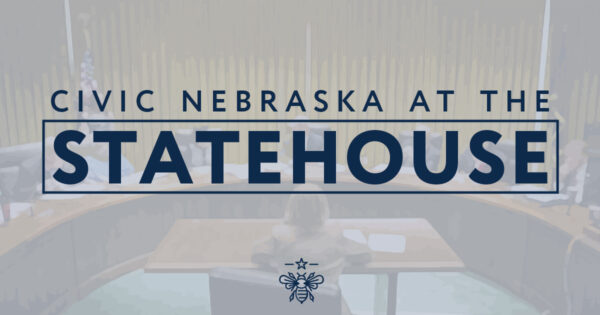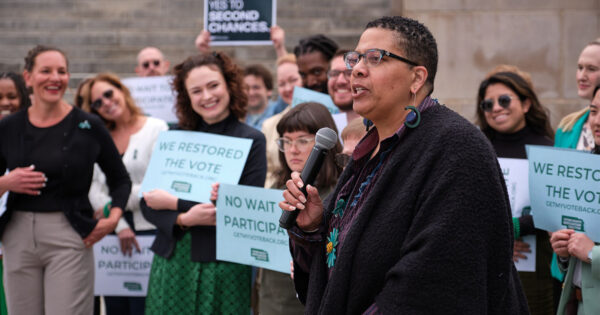Today, the Supreme Court handed voters a victory who challenged Virginia’s state legislative map on the notion that several districts were drawn as racial gerrymanders. However, the 5-4 decision was settled on a procedural issue – five justices decided that the state’s GOP House lawmakers who were defending the challenged map did not have the standing to appeal a lower court’s ruling.
The decision was a win for those who believe that their representatives should be chosen by the people and not the other way around. And the short-term upshot for Democrats in Virginia is that they will enter the state’s 2019 elections with a more favorable map.

But in the world of Supreme Court decisions, a 5-4 vote based solely on the grounds of standing is effectively a punt on the underlying issue of whether gerrymandering is constitutional. There are clear and troubling signposts in the dissenters’ decision for future cases to grapple with the constitutionality of gerrymandering.
In the minority dissent (emphasis ours):
“A legislative districting plan powerfully affects a legislative body’s output of work. Each legislator represents a particular district, and each district contains a particular set of constituents with particular interests and views … The interests and views of these constituents generally have an important effect on everything that a legislator does— meeting with the representatives of organizations and groups seeking the legislator’s help in one way or another, drafting and sponsoring bills, pushing for and participating in hearings, writing or approving reports, and of course, voting. When the boundaries of a district are changed, the constituents and communities of interest present within the district are altered, and this is likely to change the way in which the district’s representative does his or her work. And while every individual voter will end up being represented by a legislator no matter which districting plan is ultimately used, it matters a lot how voters with shared interests and views are concentrated or split up. The cumulative effects of all the decisions that go into a districting plan have an important impact on the overall work of the body.”
Essentially, dissenters argue that any given district’s representative has a vested interest in keeping a homogenized population so that it will make their lives easier as they create the laws by which we all are governed. Anytime there is an invalidation of a legislative chamber’s redistricting plan, they do in fact suffer a “concrete injury” that is rectified by bringing back gerrymandered maps.
While the dissent was on the losing end of the standing argument this time, it left open a clear pathway for a future decision to decide that legislators can gerrymander to protect their own interests. This is very troubling logic.
What is encouraging is Virginia’s refusal to continue appealing its case to the Supreme Court. It seems that they understood the political backlash of continuing to fight for racially gerrymandered maps was not worth the trouble. That’s because Americans of all backgrounds and opinions overwhelmingly agree that in our elections, every voice should be heard, and every vote should count equally. Citizen-led reforms passed by wide margins in states like Colorado, Ohio, and Michigan, with more victories at the ballot box likely next year.
And while the Court is taking its time to set a clear standard against partisan gerrymandering, we are not waiting. We endorsed a number of legislative bills in the past Legislative session to strengthen our state’s democracy, and we will continue to build support for initiatives that ensure fair redistricting in Nebraska.
It’s simple, really: Elections should be determined by voters, not politicians.
– John Cartier, Director of Voting Rights



